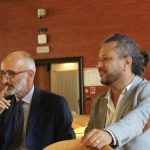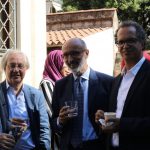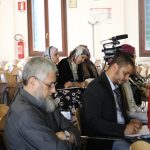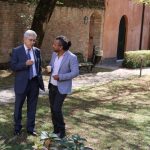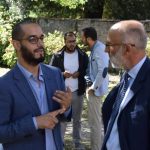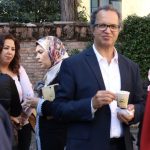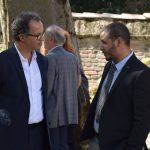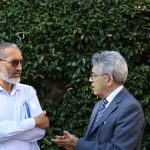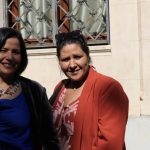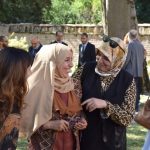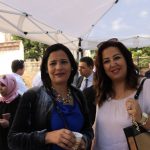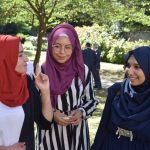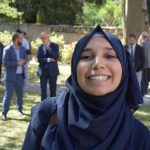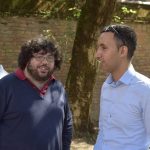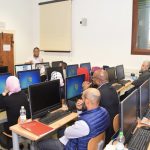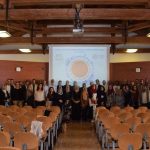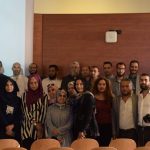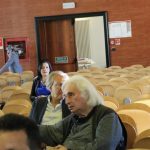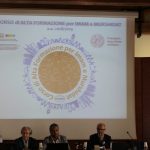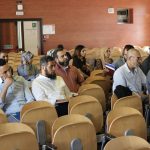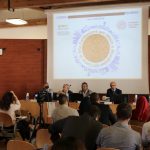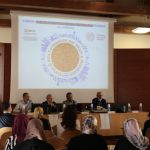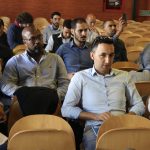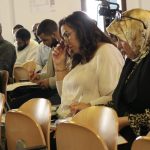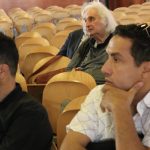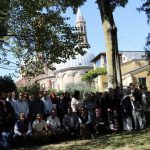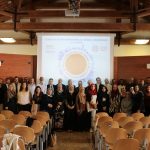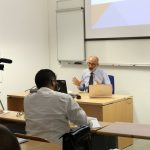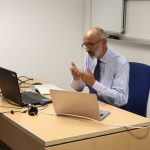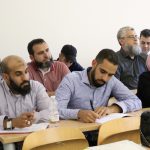OBJECTIVES
The course is aimed at figures who work within Muslim communities in the role of Imam and Murshida (female religious guide).
Its main objective is to update/train religious operators capable of acting as guides of religious communities and as facilitators and mediators in relations between the faithful and in the space of social organisations, institutional bodies and private and public service-providing agencies (schools, hospitals, prisons, etc.).
This is an interdisciplinary training that intends to draw on the skills and methods proposed by the human and social sciences and by the Islamic ones, ensured by the OCI universities that are partners in the PRIMED network, taking into account the specificity of Islam in Italy and the needs of both the Islamic communities and Italian society in its interaction with Muslim citizens.
ACQUIRABLE SKILLS
The course aims to develop the course participant’s skills in a pluralist and intercultural direction and to increase their learning capacity, with regard to self-awareness (cognitive and relational) and is designed to foster a process of professional empowerment through a reflexive practice, scientifically based, on the personal and professional skills and resources and operational practices of the Imams and Murshidats. An interdisciplinary approach is adopted, including human and social sciences, communication science and religious sciences, and an active pedagogy that enhances the synergy between academia, public bodies and Islamic organisations.
The course aims to provide religious personnel with an opportunity for a theological study of the Muslim religious tradition that is consistent with the action on Italian territory and, therefore, capable of an open comparison and in tune with the values and rights lived and applied on Italian territory.
APPROACH
The course will use teaching methodologies of an innovative nature, centred on:
- valorisation of the professionalism and expertise developed in the field by the participants, according to the theoretical model of ‘communities of practice’;
- analysis of participants’ daily work experiences;
- active participation of the trainees in the in-presence and online training activities, through cooperative learning techniques.
TEACHING
In-presence teaching will be carried out using different learning methods with a participative approach. Distance learning activities are also planned (e-learning, social networks).
The in-presence lessons will take place on Saturdays at the University of Padua, in the classrooms of the FISPPA Department, Sociology Campus and at the Great Mosque of Rome in the Aula Magna.
The Advanced Training Course envisages a total commitment of 300 hours:
- 60 hours of teaching ( lectures, seminars, workshops and distance learning);
- 75 hours of study for the final paper
- 246 hours of individual study (self-training supported by the supply of study materials, drafting of the internship or project work report and thesis).
At the end of the course there is an assessment and discussion of a final paper.
Attendance is compulsory and absences may not exceed 30% of the teaching hours.
ENROLLMENT FEES
Registration fee: euro 1,250.50
Participants in this edition will be completely exempt from paying all enrolment fees, including pre-enrolment fees (31 euros), insurance and the 16-euro revenue stamp, as they will be fully financed by the PriMED-MIUR Project.
SUPPORT AND SERVICES AVAILABLE
- Study materials and documentation provided by the Master’s Secretariat;
- Tutoring throughout the course and for the internship/project work;
- On-line didactic assistance
INFORMATION
Educational Coordination
Location of the Educational Secretariat of Advanced Training
Department of Philosophy, Sociology, Pedagogy, and Applied Psychology (FISPPA), Sociology venue Via Melchiorre Cesarotti, 10-12
35123 Padua



